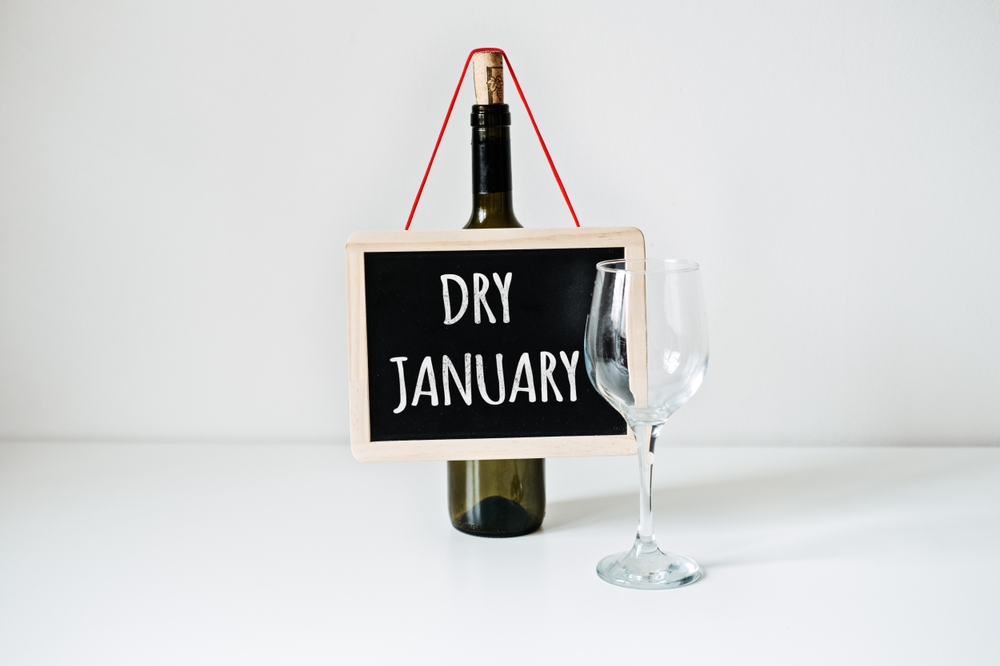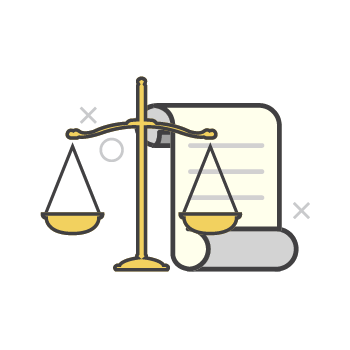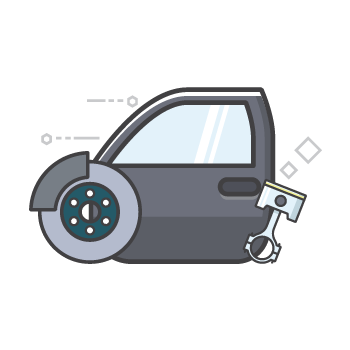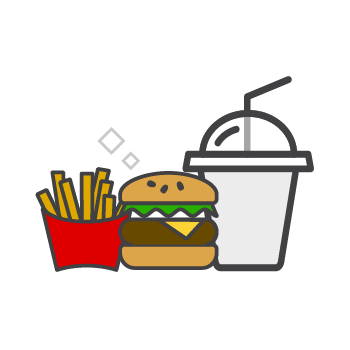Should You Try “Dry January”?
by Carolyn Lee Jan 1, 2024

Now that the new year has started, some people want to break old habits or try new things. Dry January might be worth it if you want to take a break from drinking or try something new. People who participate in Dry January take a break from drinking alcohol for a month.
Why is a campaign like Dry January important?
Alcohol Change UK started Dry January in 2013 to help create a society free from the harm caused by alcohol. People use alcohol socially to celebrate, socialise, or cope and privately for comfort, relaxation, or to change their mood.
Since it is legal and readily accessible, drinking alcohol is socially acceptable despite the negative impact it has on some people. Alcohol abuse can lead to health problems (mental and physical), making a campaign like Dry January crucial.
The benefits of doing Dry January.
When you avoid drinking alcoholic beverages for a month, you might notice changes in your finances and health. Some people have a calmer mind, feel fresher in the mornings, have busier days, enjoy clear skin, and save money by not spending on alcohol.
A 2018 report by the Royal Free Hospital published in the British Medical Journal states that going alcohol-free for a month can reduce the risk of diabetes and levels of cancer-related proteins in the blood. Abstaining from alcohol can also lower blood pressure and cholesterol.
After a month of being alcohol-free, some people realise that it is not needed to relax, socialise, or have fun. Another benefit of abstaining is that it allows you to decide when and how much you want to drink. With over 60 health conditions (cancers, liver disease, depression, high blood pressure) linked to alcohol consumption, cutting back long-term can reduce your risk of developing these health problems.
Tips to help accomplish a successful Dry January
Share that you are doing the challenge: Tell your family and friends about Dry January and the outcome you hope to achieve. Sharing the challenge might get others to join you and provide additional support.
Be realistic: It can be challenging for some people to stop drinking entirely, so create realistic goals. You can try avoiding drinking during the work week or limit drinking to only one day of the week.
Know your triggers: Being alone, stress, some social settings, and the absence of non-alcoholic drink options are some things that trigger people to drink. When you know your triggers, you can plan how best to avoid them.
Spend time outdoors: Nature has many healing properties, like reducing stress. So, going for long walks, visiting a park, sitting and reading in the shade or watching and listening to the waves at your favourite beach are a few things you can try.
Mentally prepare for events: You may need to attend some events where alcohol will be present. Ask for non-alcoholic options like mocktails so you don’t feel awkward if others are drinking. Also, consider cancelling hanging out at bars or attending parties where there is a lot of pressure to drink alcohol.
Celebrate your progress: Doing Dry January can feel tedious for some, so creating a reward system to celebrate your progress each week gives you something to look forward to. If you have family or friends doing the challenge with you, discuss a reward system that is fun, healthy, and enjoyable.
What else should you know?
People who are alcohol dependent might have adverse reactions if they suddenly or entirely stop drinking. Some signs of alcohol dependency include anxiety, sweating, difficulty sleeping, illusions, or depression while trying to get sober. If you notice these symptoms, do not stop drinking altogether or suddenly. Your doctor can provide information and assistance with how you can safely limit drinking alcohol.
Remember, you can use Find Yello to search for rehabilitation centres and other organisations that specialise in helping people manage alcohol addiction.
Sources: Good Housekeeping, NCBI, Harvard Health, Washington Post, and Alcohol Change UK.








